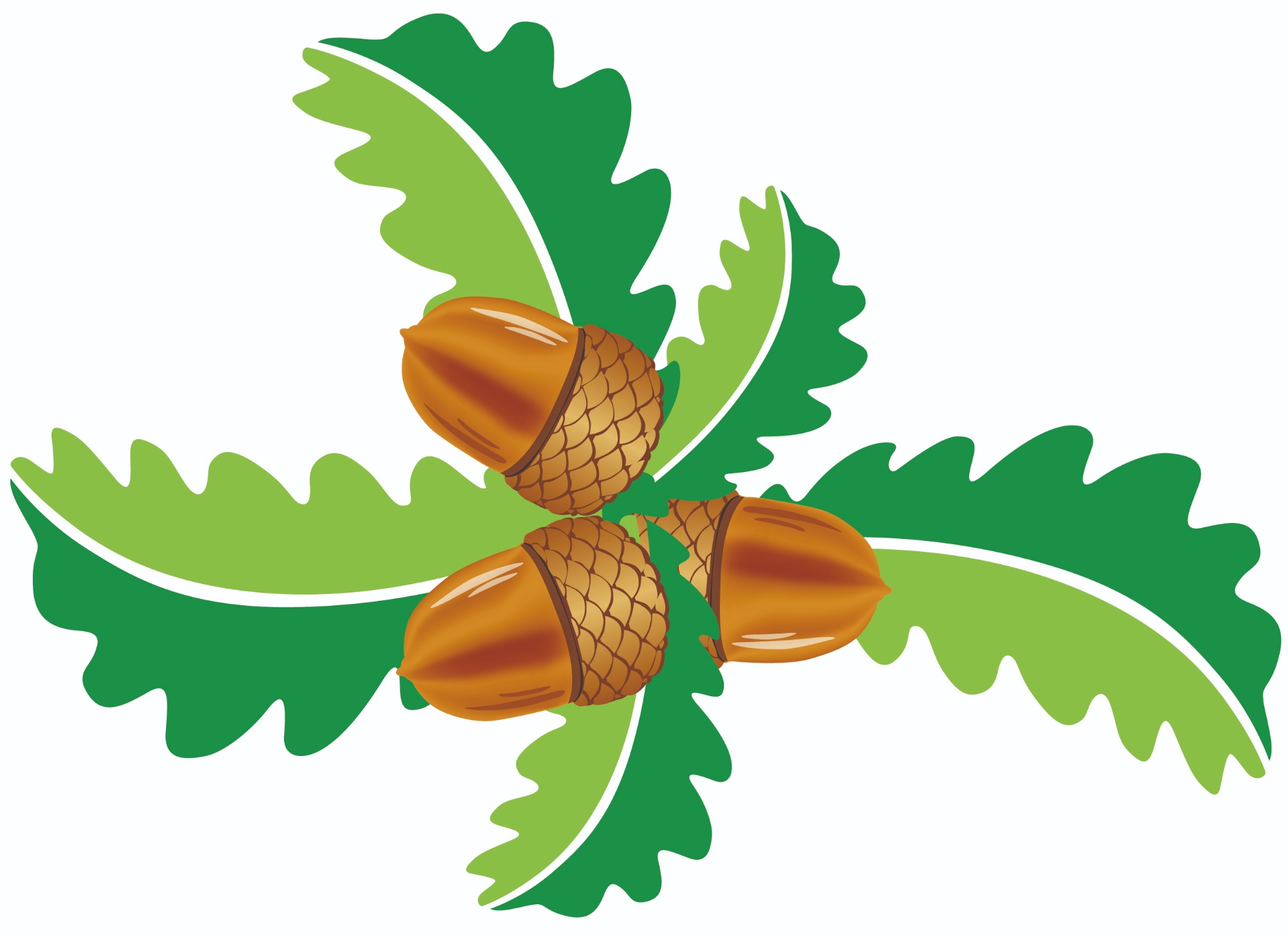Science
Science Curriculum at Oakdale
Our children are growing up in an ever changing and developing world that challenges their own technological and scientific skills. Oakdale aims to give children the confidence and understanding to always ask questions, be curious and gain an understanding of the uses and implications of Science in the past, present and for the future.
Intent
At Oakdale we aim to give all children a strong understanding of the world around them whilst acquiring specific skills and knowledge to help them to think scientifically. Through our curriculum the children will acquire and develop key knowledge within each unit and across each year group. We ensure the Working Scientifically skills are embedded within lessons across the curriculum and built-on through school so children can apply their knowledge when using equipment, completing investigations, answering questions and explaining concepts.
How Science is taught
Science is taught in topic blocks that make links with the wider curriculum wherever possible. Each year group ensures that knowledge and skills are built upon to ensure a progressive curriculum and key vocabulary and concepts are at the root of this. They are chosen to suit the year group topic for that time so cross curricular links can be made. Links to local area include the fens and considering land use, rocks, habitats and plants as well as making connections to our school values where possible.
Scientific knowledge is taught across the three main branches: biology, chemistry and physics and is done by Working scientifically.
- Oakdale follows the Chris Quigley milestones to ensure progression, key skills are met in each year group and built upon as they move through school. Children are encouraged to question and be given opportunities to find their own answers.
- Each year builds upon the learning and skill from previous years. Teachers use a variety of teaching resources including Rising Stars to develop their own plans, but the core skills for each unit is from the PLAN assessment documents. These have been produced to help schools plan effective science lessons that identify prior and future learning. www.planassessment.com
- Knowledge organisers (link to PLAN) give direction to teachers and staff that include book links and a key scientist, enquiry questions and key concepts.
- Working scientifically is embedded in lessons and referred to using skill symbols, to ensure skills are developed through school. Scientific enquiry is taught where it occurs, however many lessons provide opportunity to complete practical investigations and children are given opportunity to develop their own.
- New vocabulary and key concepts are introduced and recapped throughout the topic.
- Teachers demonstrate how to use equipment and scientific skills to ensure inclusion and embed understanding. Resources support this.
- STEM activities, science week and class visits complement the curriculum, are purposeful and provide a broader provision.
The threshold concepts are repeated in each year group as it is important that children progress in their understanding of them. The Essentials Curriculum sets out this progression in the form of three ‘Milestones’. Each Milestone contains a range of descriptors which give more detail to be discovered within the concept. Over a two year period students will become more and more familiar with these details by exploring them in a breadth of contexts.
Assessment
Assessment is completed through planned activities. Pupils are given the opportunity to show their understanding as they progress through lessons and teachers will adapt and challenge when necessary. Formative assessment allows feedback to support the children’s learning and end of unit proof of progress (POP) tasks give the children chance to share key learning from a topic. Teachers can then make assessment judgements that are recorded and used for future learning.
Use websites for learning at home
https://pstt.org.uk/resources/science-fun-at-home/
https://www.stem.org.uk/primary/resources/collections/home-learning-support
https://www.wildlifetrusts.org/looking-after-yourself-and-nature
